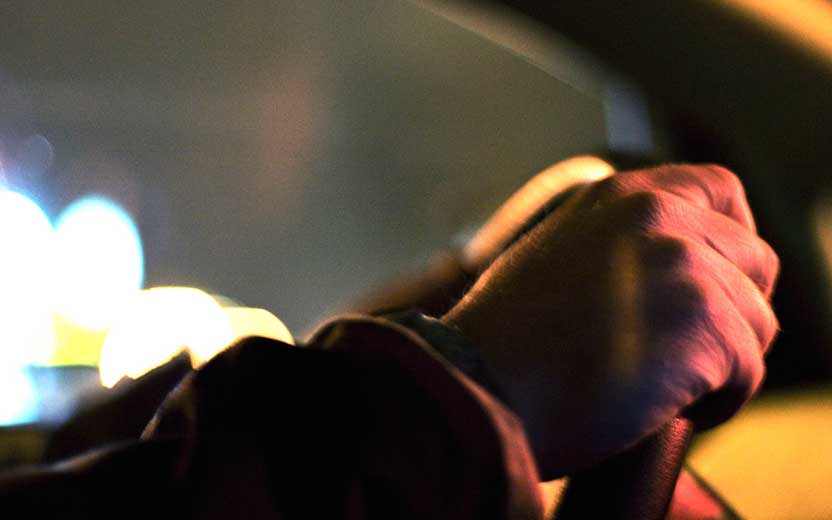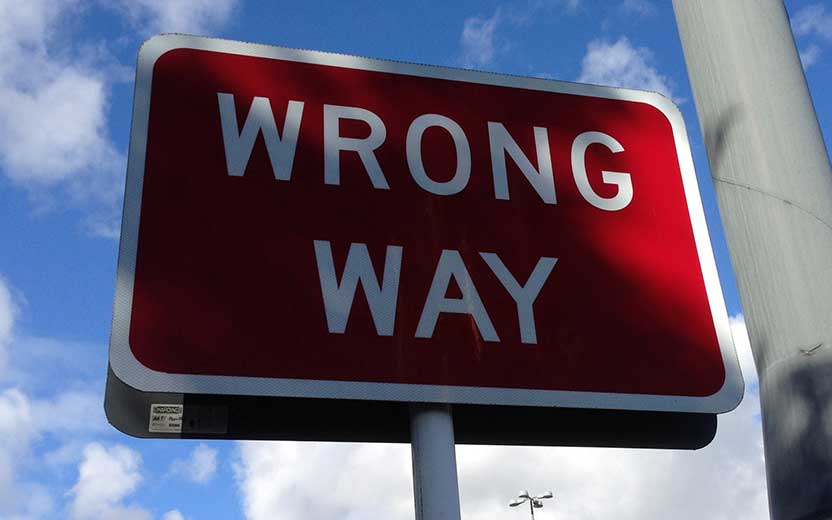By Marcus Fernandez
Chances are that you have at one time or another allowed someone to borrow your car. You probably never gave any thought to the consequences of an accident and being held liable to pay damage claims. You may believe that: “Someone else driving my car would be held responsible for causing an accident.” According to the law, you could be responsible for an accident caused by the negligence of someone who borrowed your car. Hold on to your car keys, at least until you finish reading more about your obligation to injured parties. Learn about the insurance coverage that applies when you let someone borrow your car. Also, what are your rights against the owner of a vehicle if you are the party injured in an accident?
Florida insurance laws and injuries when someone borrows your car
Florida is a no-fault state. All owners of vehicles registered in the state carry personal injury protection coverage in the amount of $10,000 as part of their automobile insurance policies. If the driver or occupants of a vehicle suffers injuries in an accident, PIP coverage pays the medical bills, lost wages, and related out-of-pocket expenses without regard to who was at fault in causing the collision.
The PIP coverage on your car becomes your primary source for benefits when you suffer an injury in a car accident. The law extends the coverage of your policy to the following individuals:
- Members of your family residing in your household;
- Passengers in your vehicle;
- Someone else driving your car; and
- Pedestrians or bicycle riders struck by your vehicle.
If a friend borrows your car and has an accident while driving it, even if it’s a minor parking lot accident, your friend and passengers riding in your car who suffer personal injuries submit their claims for benefits to your auto insurance company. Injured drivers or occupants of other vehicles involved in the collision submit their claims for PIP benefits to the insurance company that issued the policy on their own vehicles.
Florida makes owners responsible for the operation of their vehicles
One of the purposes of no-fault laws is to limit the number of personal injury lawsuits. Injured parties must file their claims for benefits through their own insurance companies instead of suing the at-fault party for damages.
An at-fault party in Florida may only be sued for damages when the injuries satisfy at least one of the following criteria:
- Causes the person to die.
- The accident results in significant and permanent loss of an important body function, such as loss of a limb.
- It results in significant and permanent scarring.
- The crash causes an injury that doctors identify as being permanent.
The injuries could be severe enough to preserve the right of an injured party to sue for damages. Both the owner of the vehicle and its negligent driver could be liable parties in the lawsuit. The owner does not need to be in the vehicle at the time of the crash to face a lawsuit for damages.
Holding owners of cars responsible when someone else is driving has to do with court cases in Florida, designating cars and other motor vehicles as dangerous instruments. The theory behind the dangerous instrument doctrine is that owners should bear responsibility for paying the damages caused when their cars are involved in accidents.
The Tampa personal injury attorney for a person hurt in a car accident must prove the following to hold an owner who was not driving at the time of the accident liable for the payment of damages:
- The party was the owner of the car or type of motor vehicle involved in the collision;
- The owner allowed another party to drive the vehicle; and
- The party entrusted with the vehicle was negligent in its operation and was the cause for injuries to another person.
Joint ownership by you and your spouse of the family car may not be a good idea because you both could face a lawsuit when your son borrows it and causes an accident.
Exceptions to owner liability
The liability of owners for accidents caused by the negligence of drivers depends upon evidence proving the owners gave permission. Permission may be expressable as when your friend asks to borrow your car, and you hand over the keys, or it can be impliable.
You could prove implied permission by evidence showing a prior course of conduct between the owner and the driver. An example could be your son has been using your car with your permission to drive to school every Tuesday for the past month. It may imply that he had permission to continue doing so unless you told him to stop.
Someone could have proof of the permissive use of a car. Florida law will limit the liability of an owner for the negligence of a driver in this situation. The limit is $100,000 for injuries to one person and up to $300,000 for injuries caused to multiple victims simultaneously.
Contact a Tampa personal injury attorney
If you suffer an injury in an accident, the vehicle’s owner may not be able to avoid paying compensation by saying: “The cause of the accident was that someone else drove my car.” You need sound legal advice from a Tampa personal injury attorney with experience in handling claims for damages against owners who let negligent drivers use their cars.


